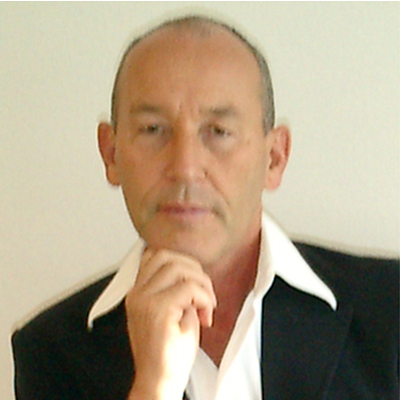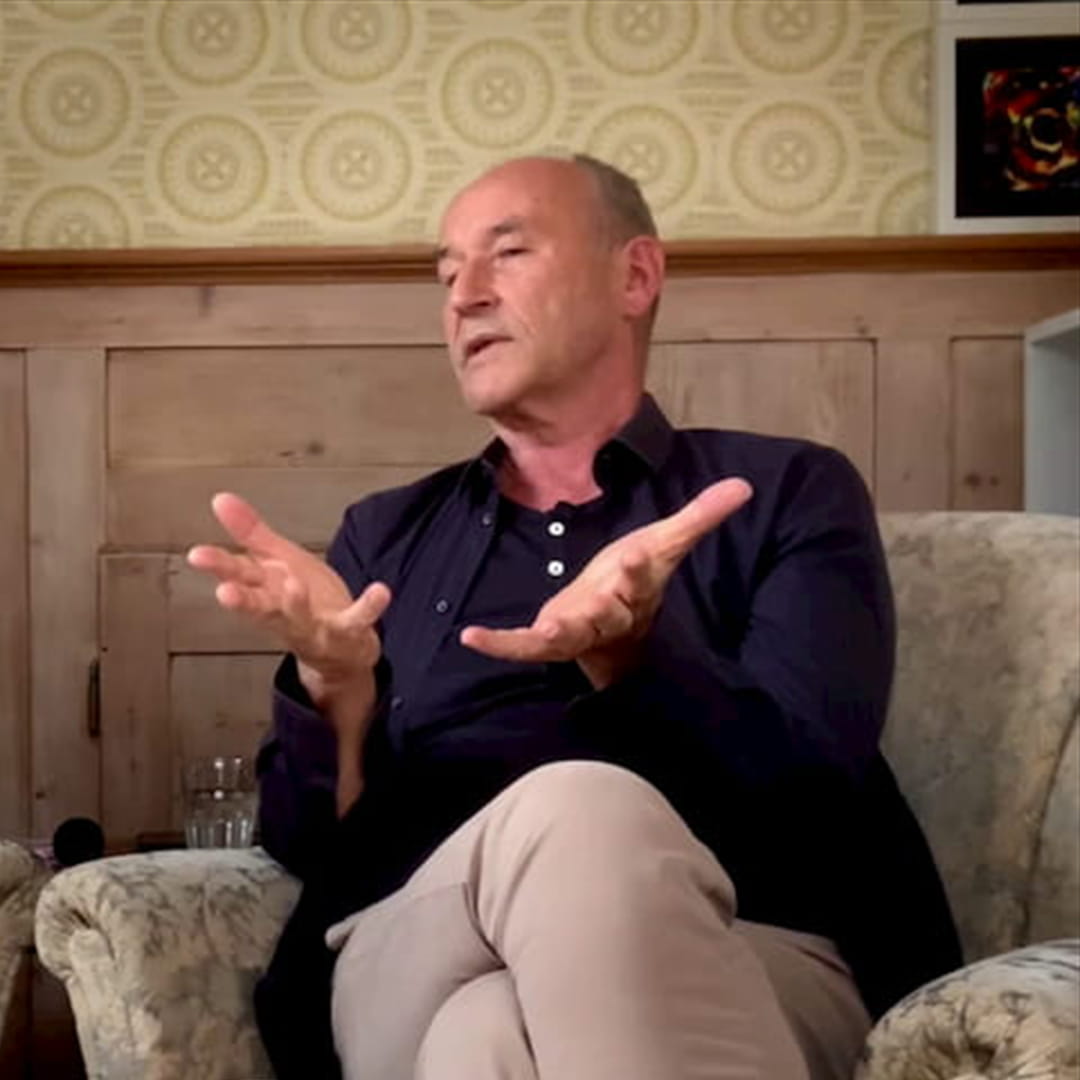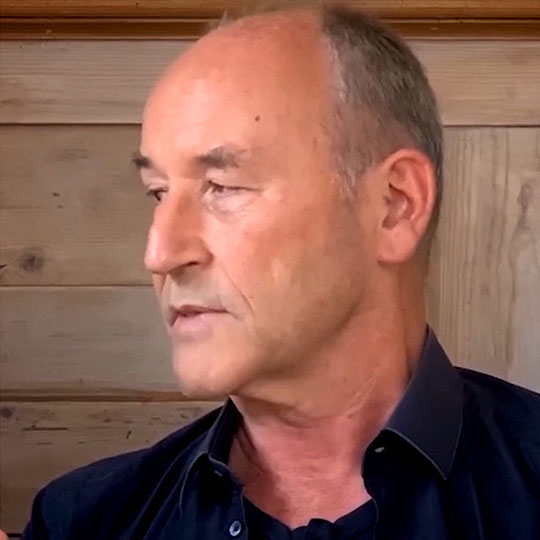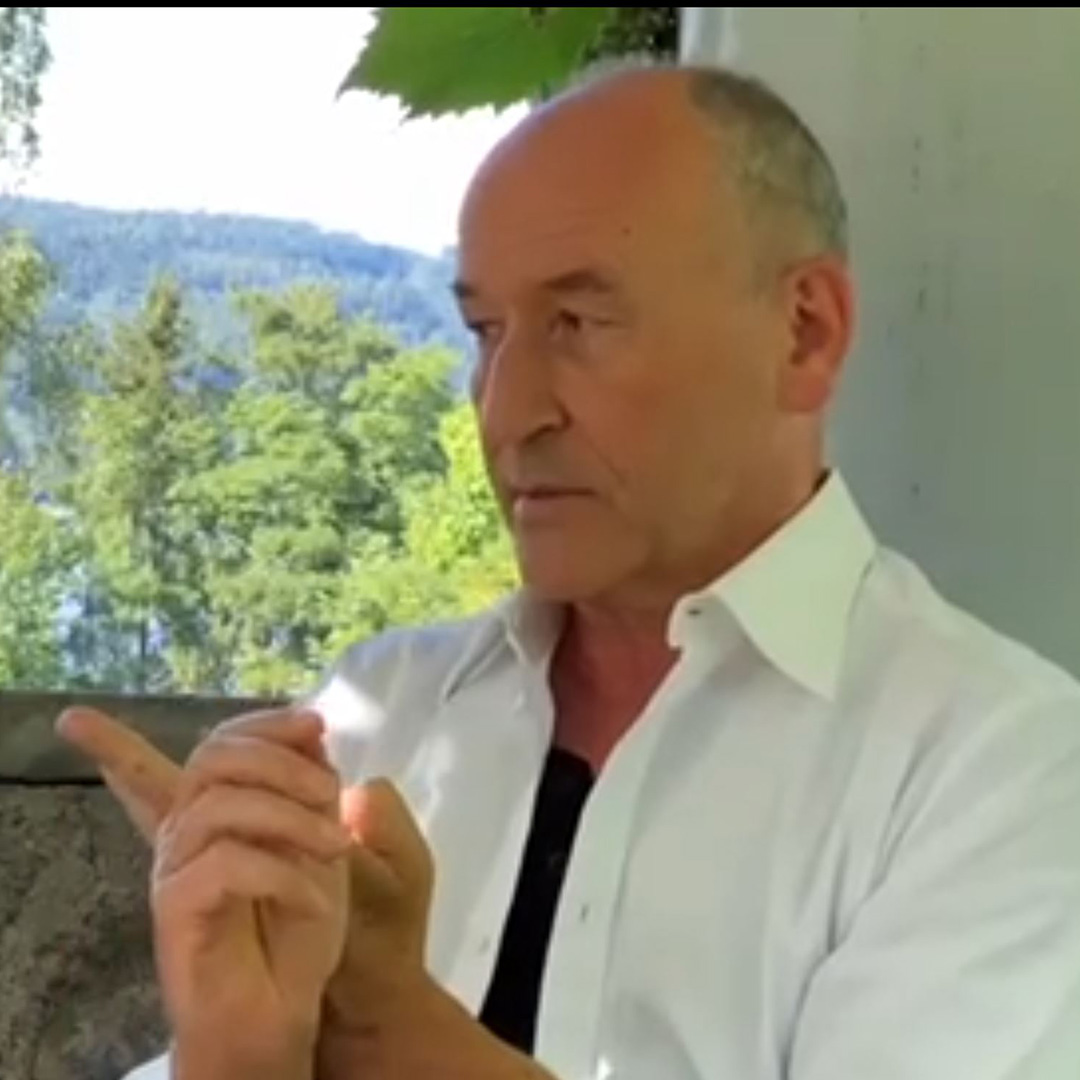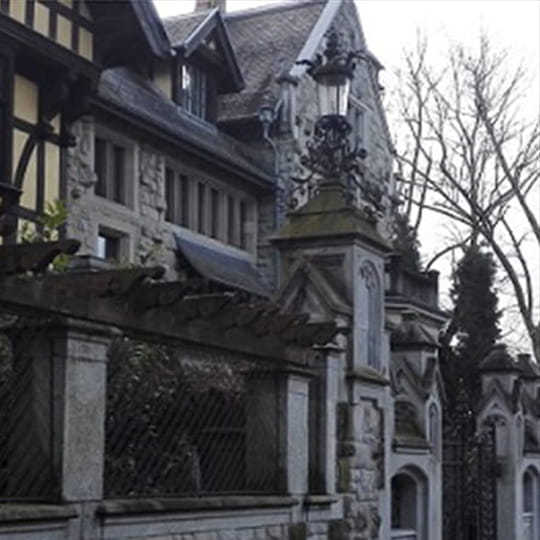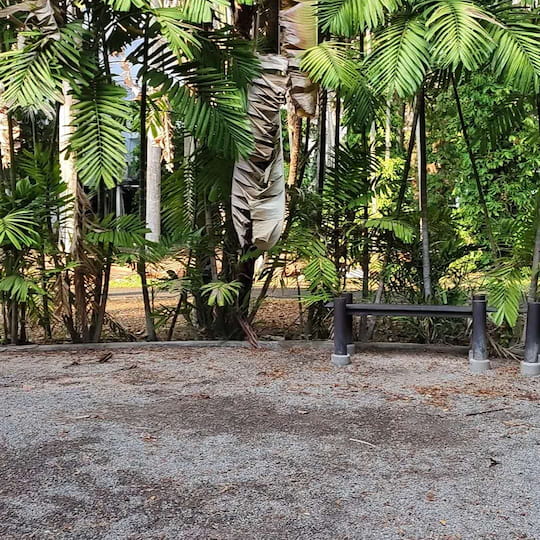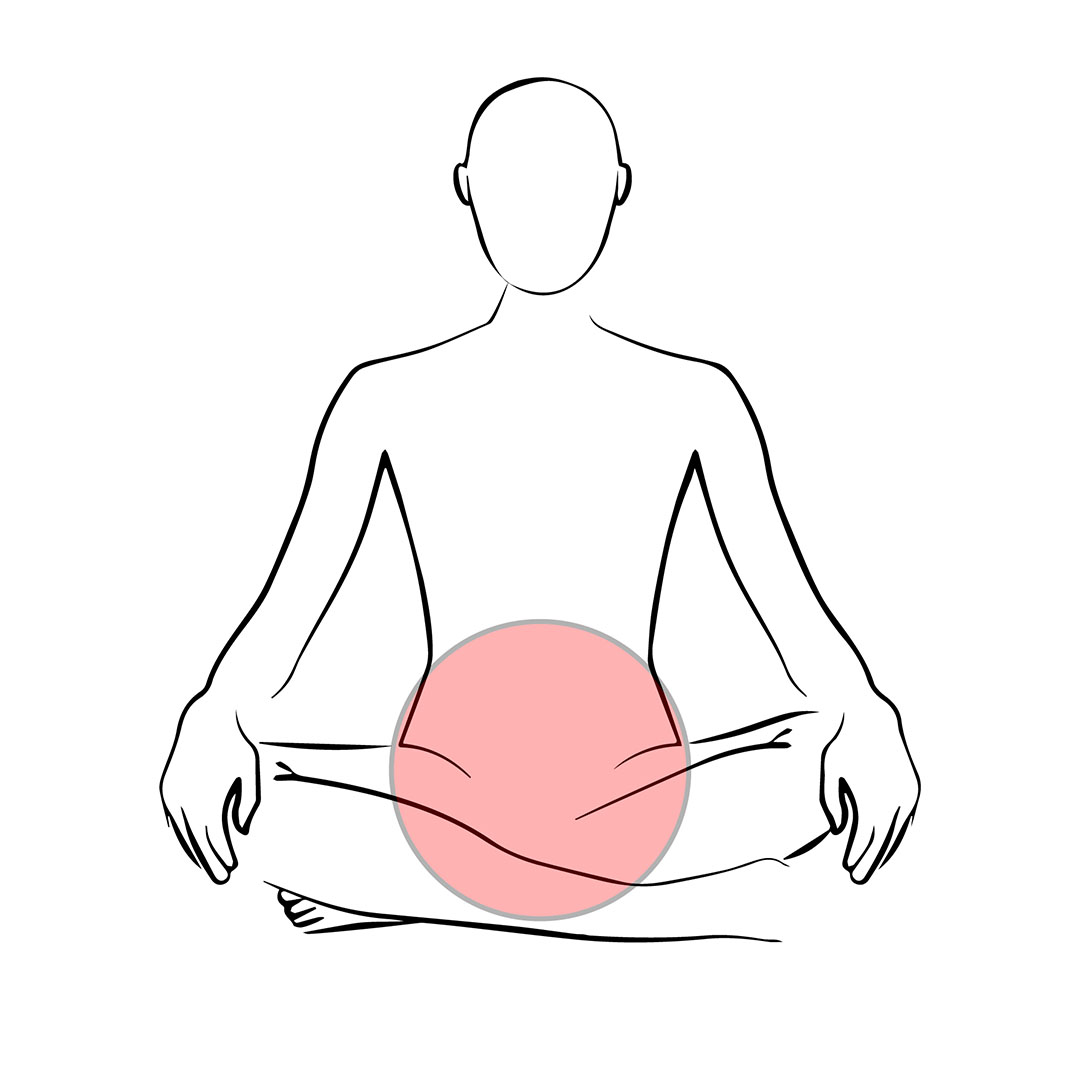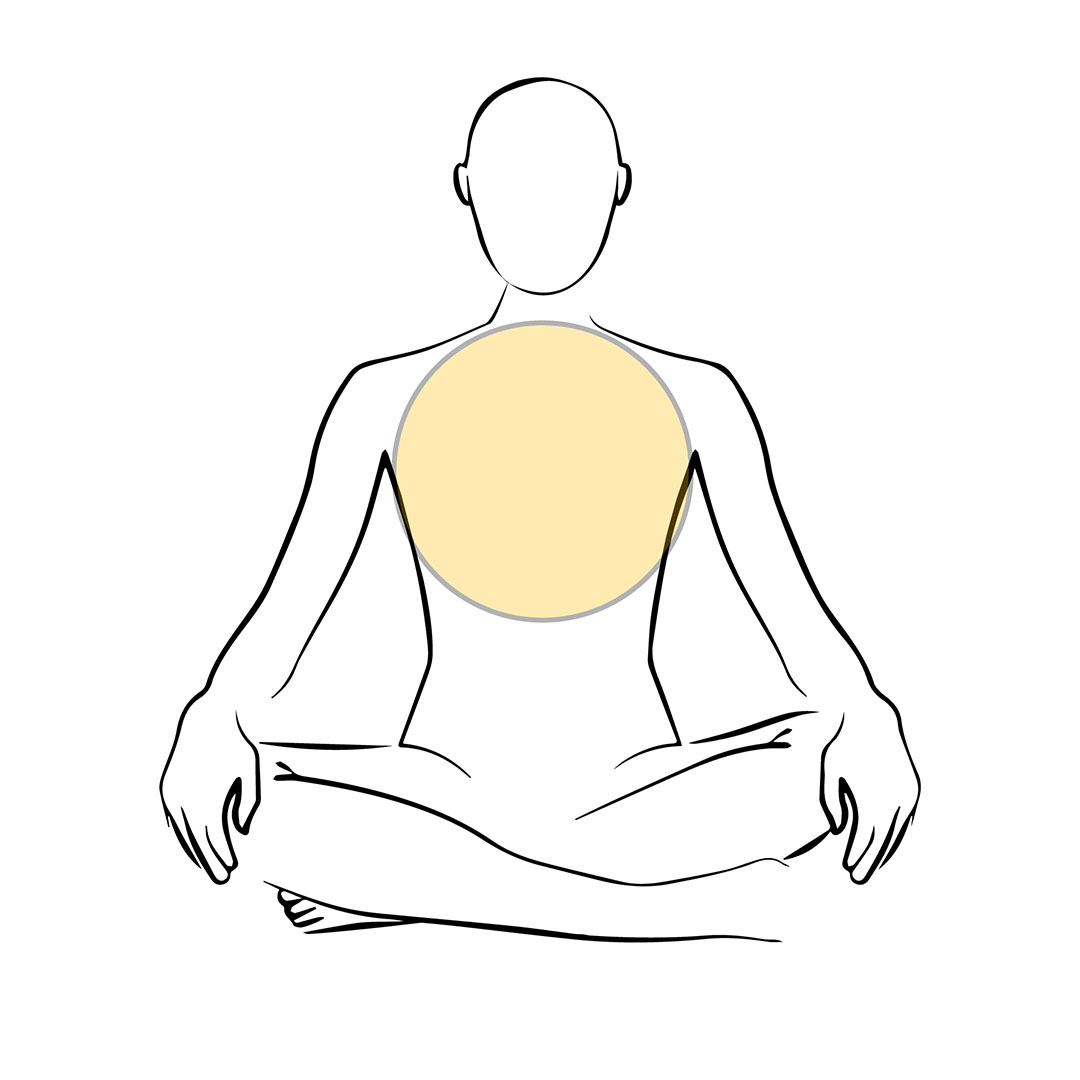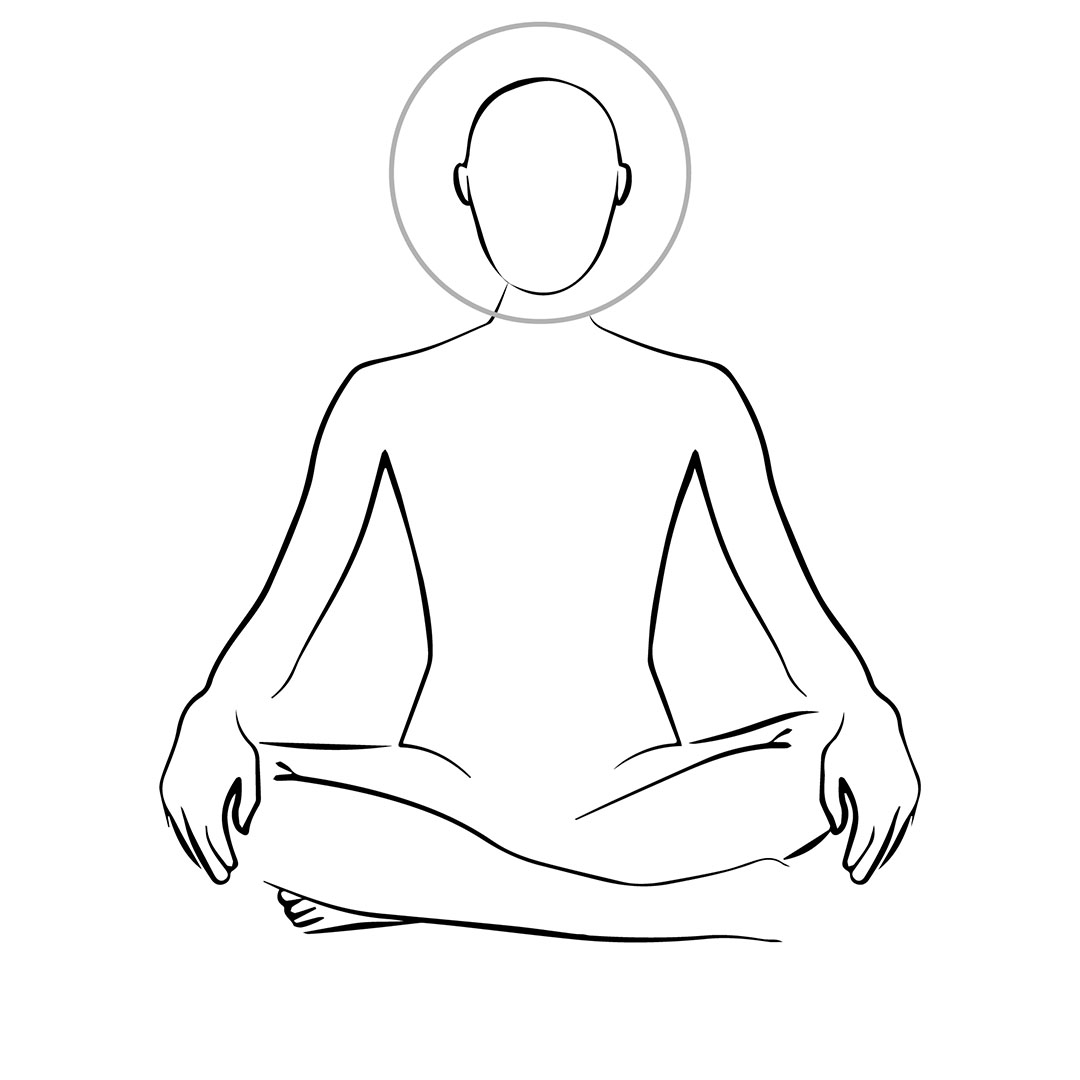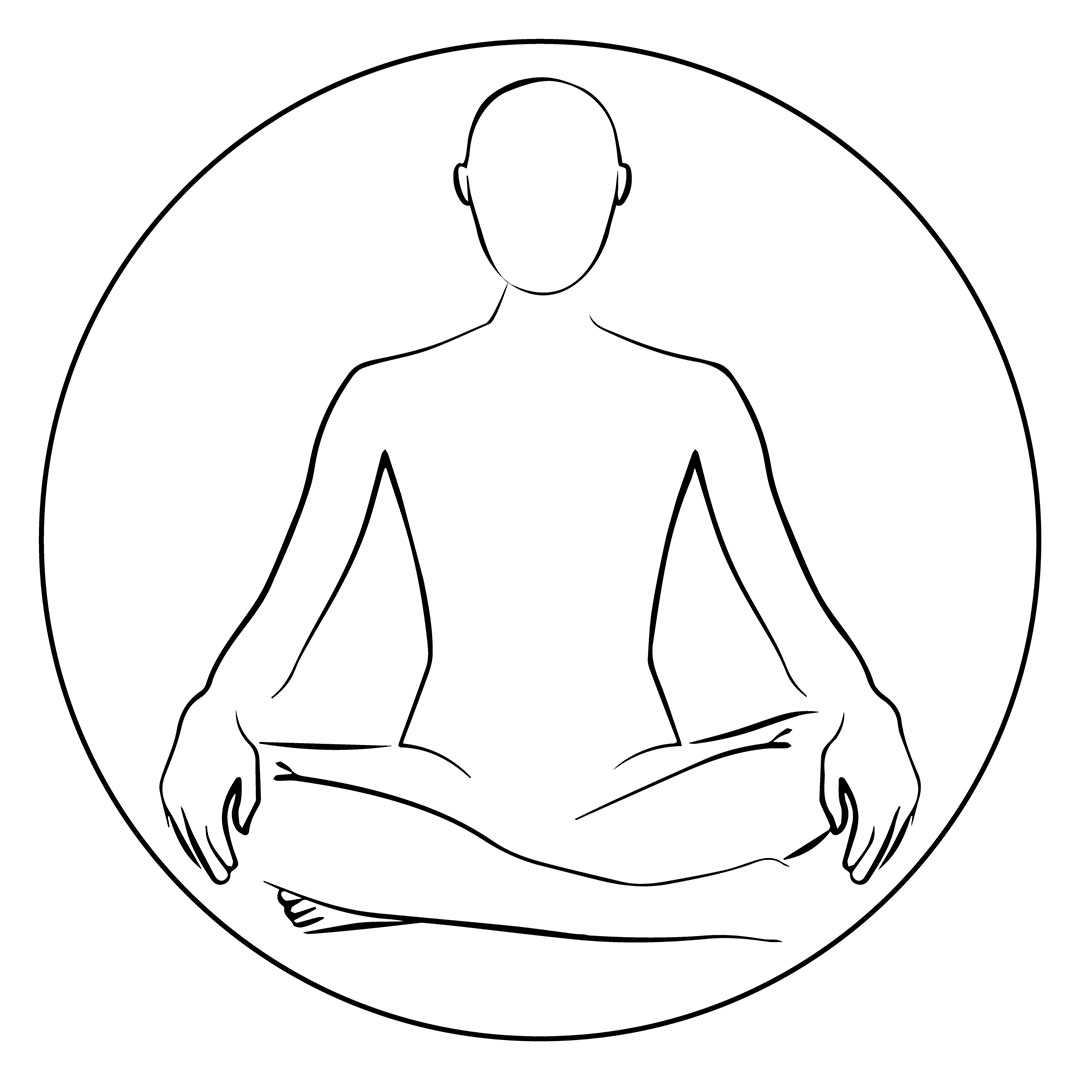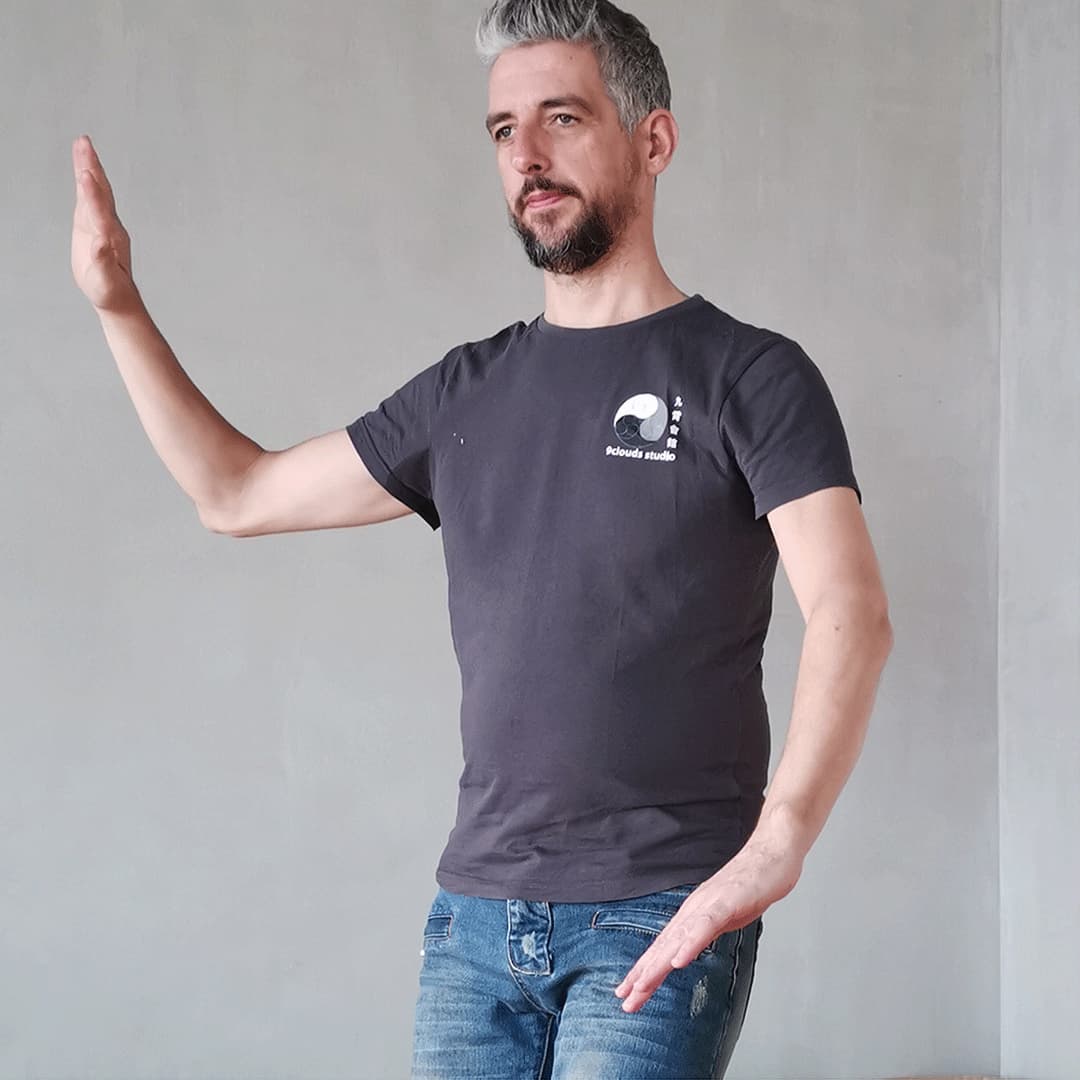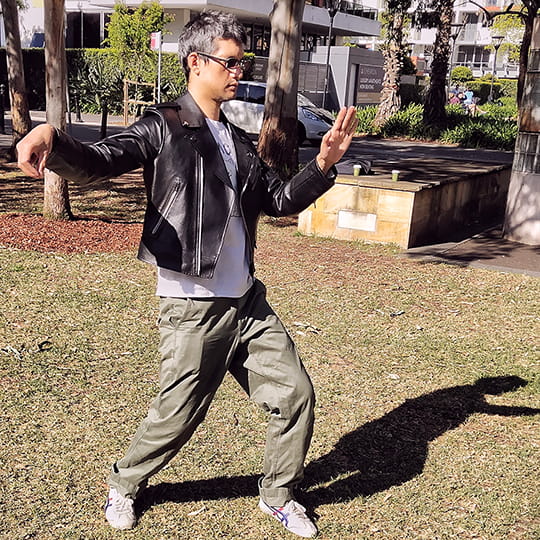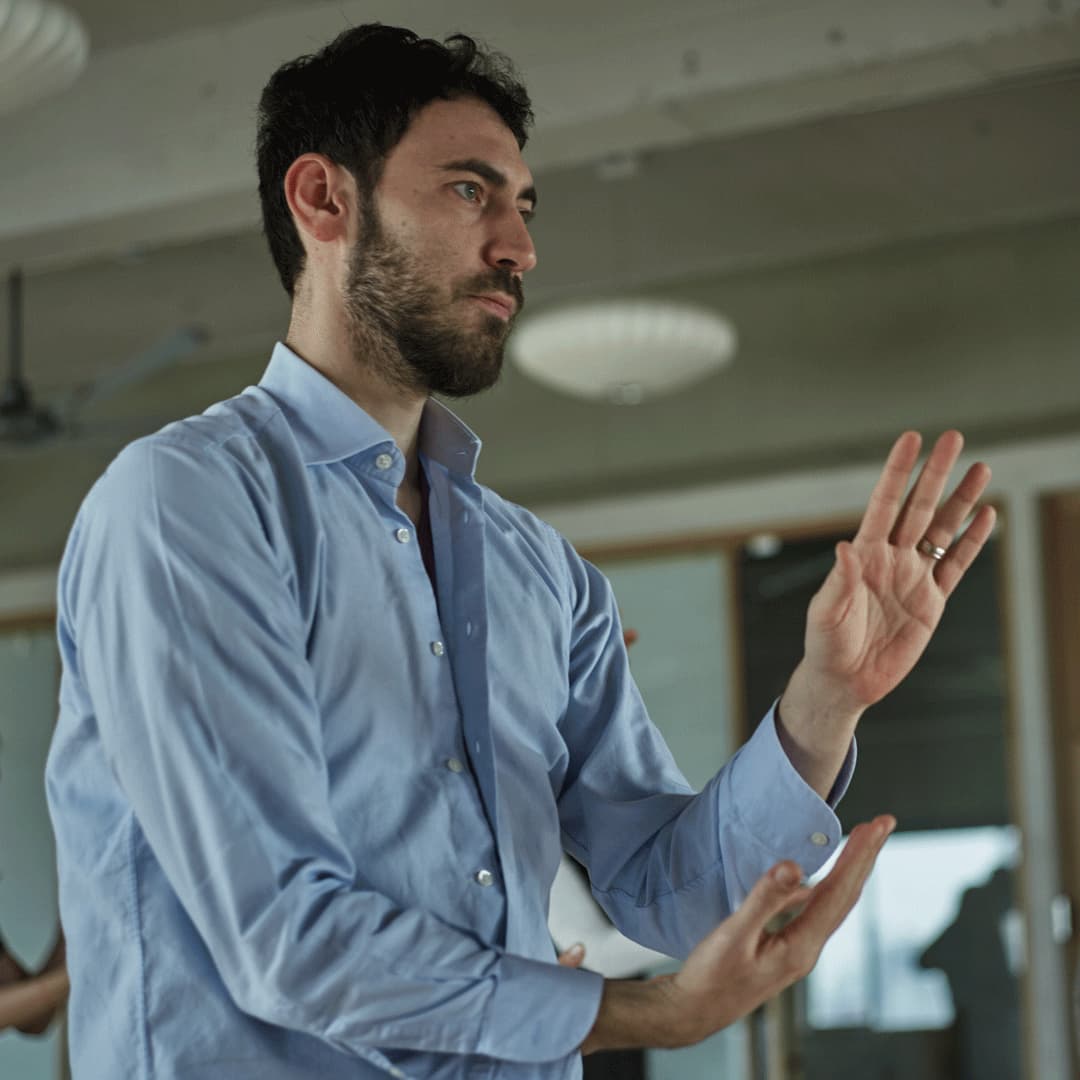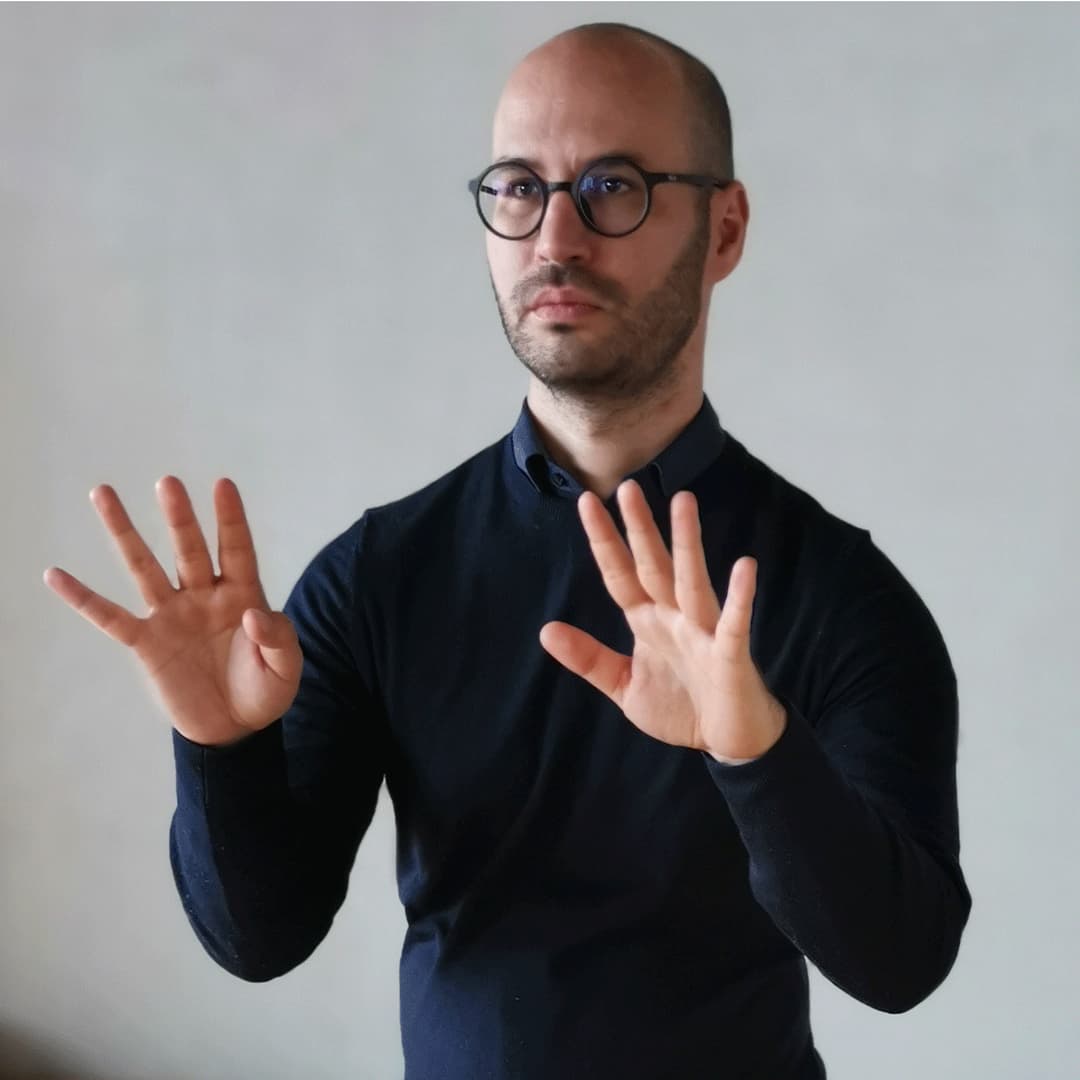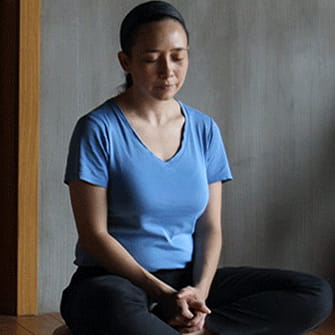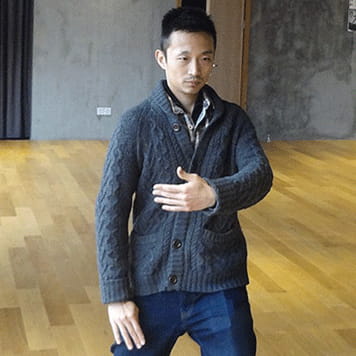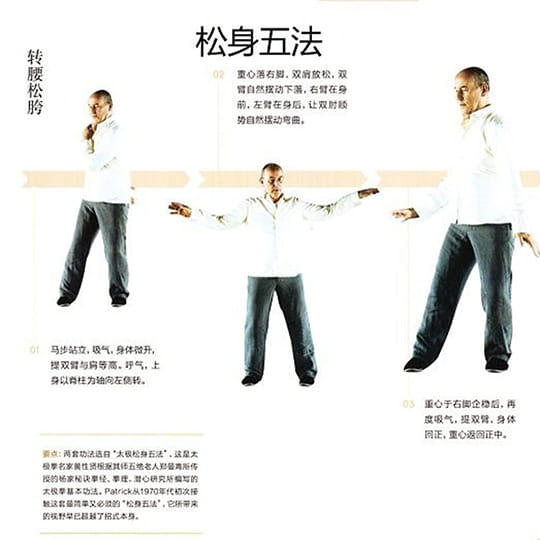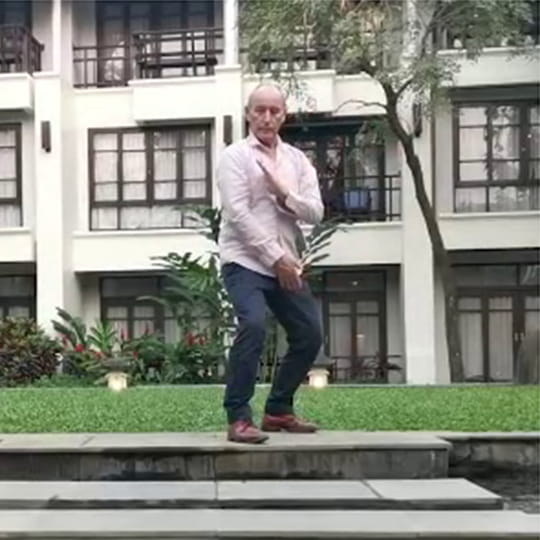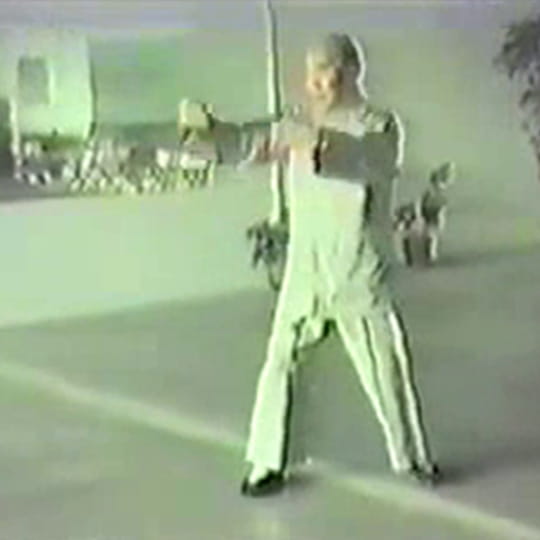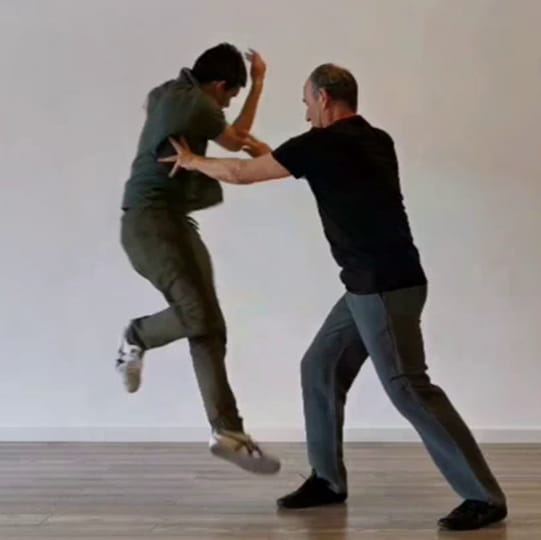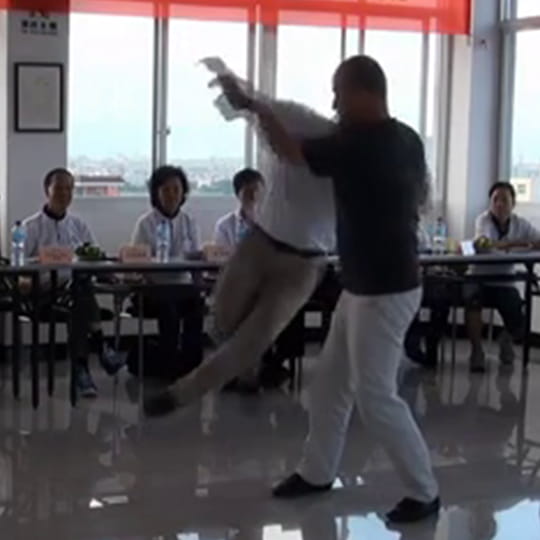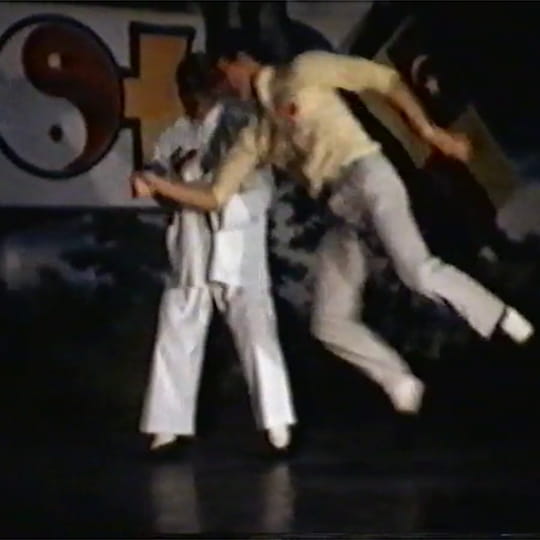Rm1301 现代大厦 (near IAPM)
218 Xiangyangnan Lu, Shanghai
metro:Shaanxinan Lu (1,10,12) WeChat: ninecloudstaiji
Mob: 13636345534 (sms)
email: taiji@pm.me
218 Xiangyangnan Lu, Shanghai
metro:Shaanxinan Lu (1,10,12) WeChat: ninecloudstaiji
Mob: 13636345534 (sms)
email: taiji@pm.me
陰yīn 陽yáng 雍yōng
9clouds supports Daoist Internal Arts and related disciplines
We use modern teaching methods and traditional training within a cross-cultural environment.In central Shanghai 9clouds studio is an elegant, fresh, light filled space for events and classes. 9clouds operates under a "non-profit concept" providing members with high-quality training at reasonable rates.
9clouds is affiliated to 9Clouds Cultural Communication (Shanghai) Co. Ltd., 2014
Membership Fees 2025
3-month New Beginners Card
¥3500unlimited classes
no pausing
6-month Card
¥5500unlimited classes
pause ¥200/time
12-month Card
¥10,500unlimited classes
pause free
Taiji Beginners – Join anytime
Before joining, watch a full class – then you see exactly what we do and we can answer questions that arise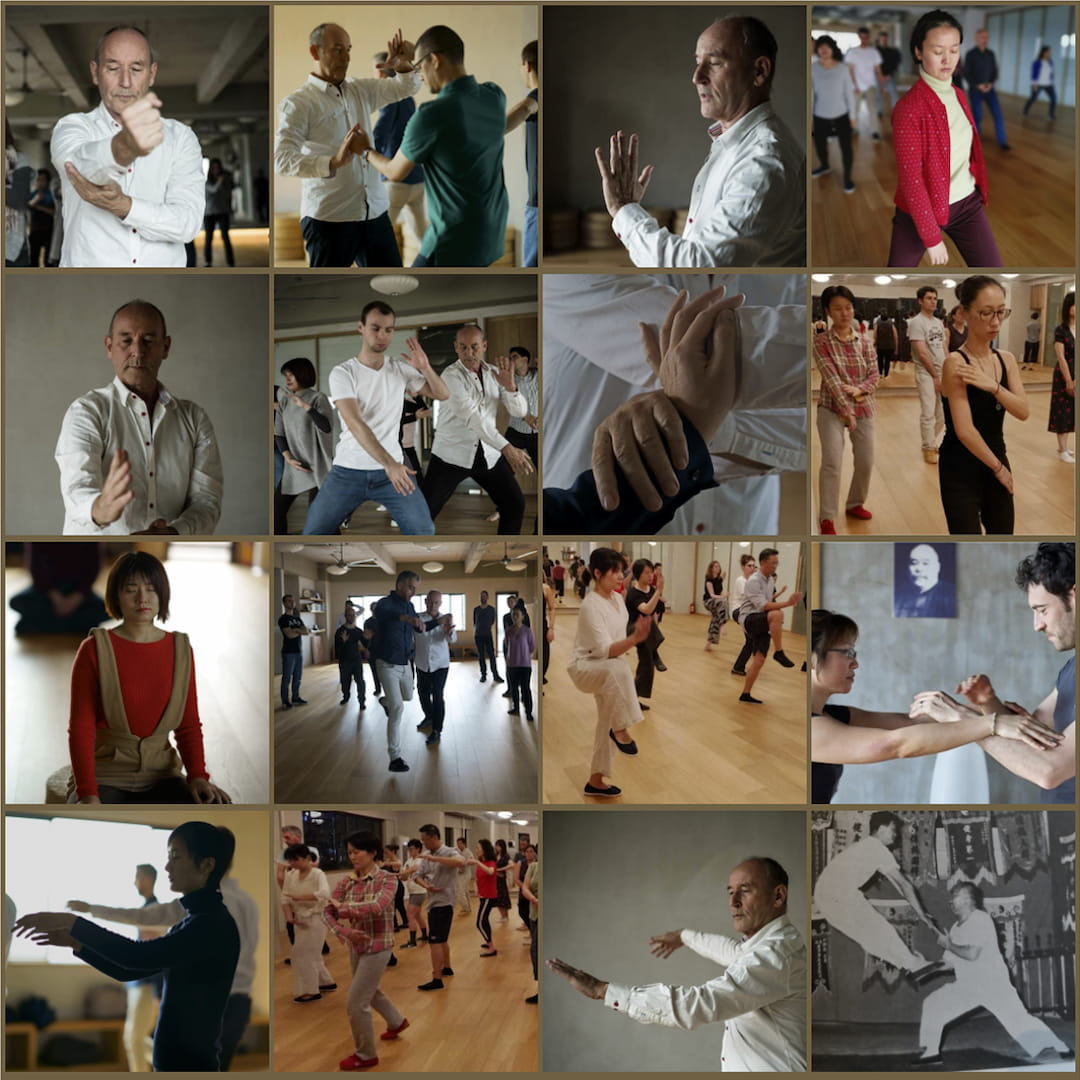
Program
Huang Xingxian 5 LooseningsZhengManqing (郑曼青) 37Form
YangChengfu (杨澄甫) 108Form
HuangXingxian (黃性賢) FastForm
8 fixed-step Pushing-Hands
8 moving-step Pushing-Hands
15min guided meditation
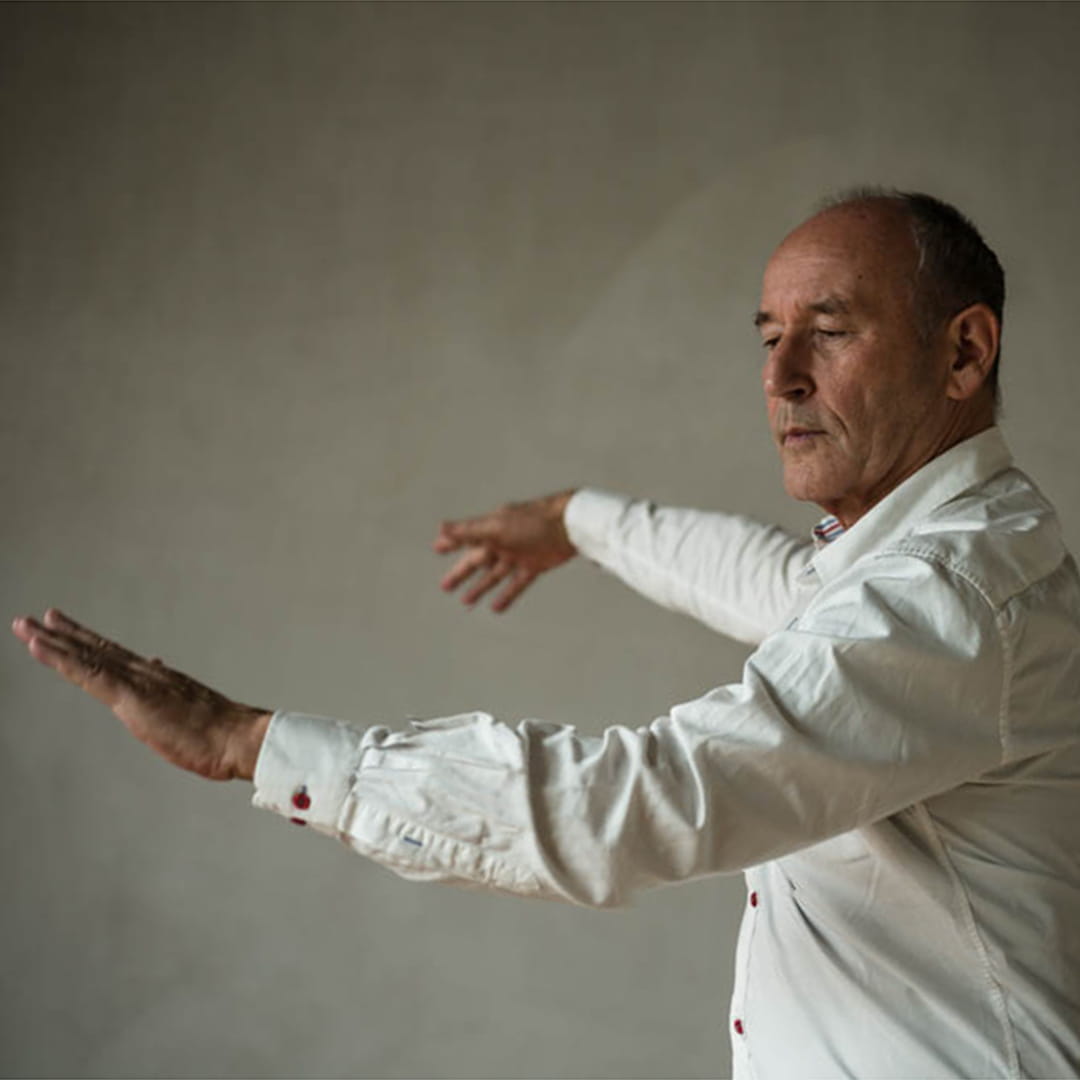
Taiji Principles
There is only one true Taiji, one set of principles
Human deviation gave rise to family styles (Yang, Wu, Chen) which each has strengths and weaknesses. Their strengths are where they follow the principles and their weaknesses are where they deviate from the principles.We train fluid power waves
Yang Style issuing transverse wave
Wu Style borrowing pressure wave
Chen Style spiral twisting wave
We follow my teacher's advice
"Return to the original principles, from before the styles diverged."
Patrick Kelly
WorldWideWay
Internal Evolution through Energy Cultivation, Self Refinement & Meditation – an intelligent synthesis of Daoist, Sufi & Yogic teachings
Patrick has practiced Taiji and meditation for over 50 years within the Daoist, Sufi and Raja Yoga traditions.
He is the only Western student to have entered the inner school of the famous Tai Chi Master Huang Xingxian.
He has authored 4 books on Taiji and meditation published in English, Italian, French, German, Spanish and Chinese
patrickkelly

Patricks Books
FREE Shipping worldwide
Order DirectWeChat: ninecloudstaiji
email: taiji@pm.me
Pay by WechatPay, Alipay, Wise, Twint, BankTransfer
e-books also available
Relax; Deep Mind (pdf) US$10
English, French, German, Italian
Infinite Dao (pdf) US$20
English, 中文, French, German, Italian
worldwidepress
Taiji Worldwide
Huang Xingxian
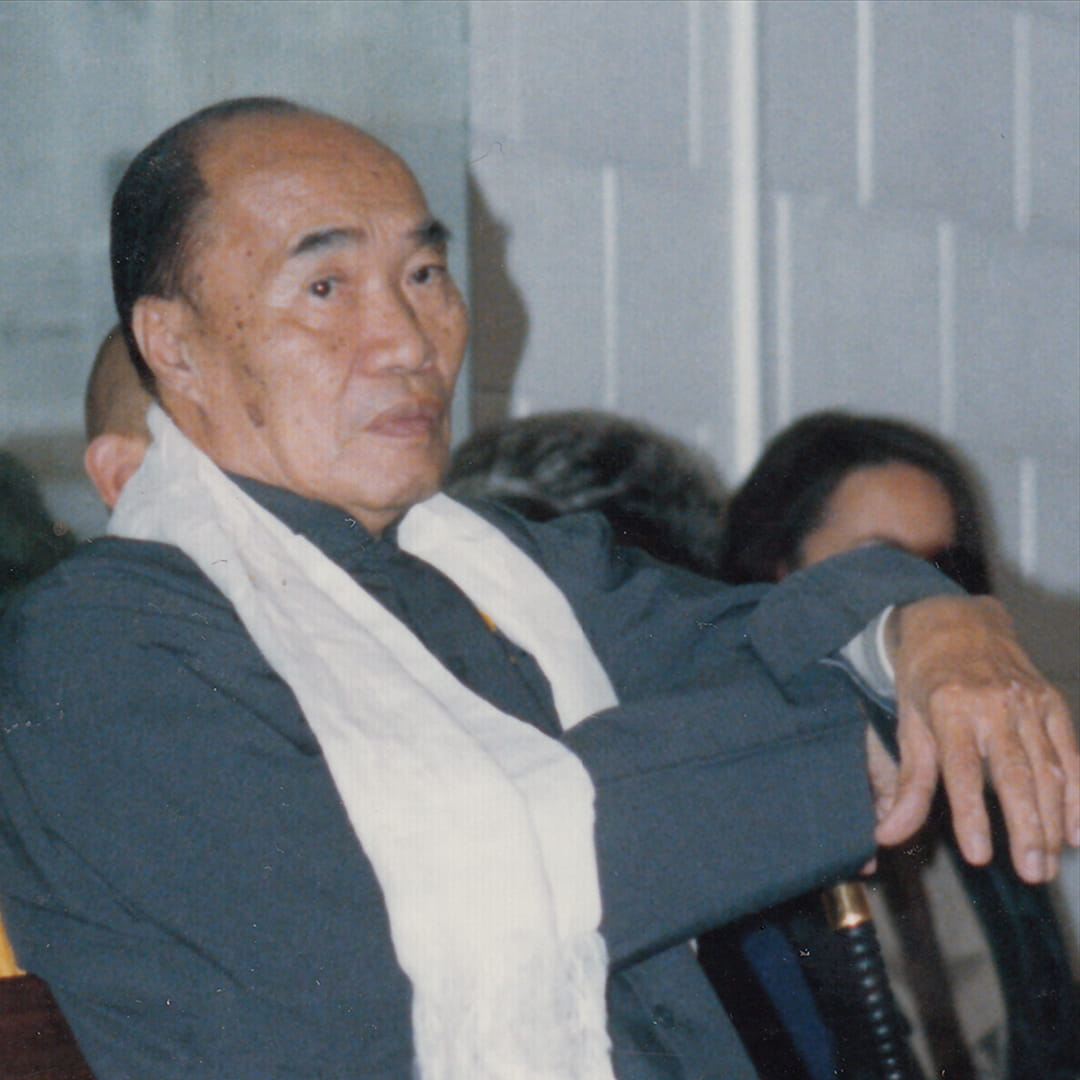
"Though they practice my methods, not following my (inner) way they are not my students"
Born in Fuzhou, China. Trained from the age of 14 in Fujian White Crane (白鶴拳), 18 Buddha boxing (罗汉拳) and Daoist Internal Alchemy under Old Master Pan YuBa (潘屿八), then later under Pan's famous disciple Master XieZhongxian (謝宗祥大师).huangxingxian
The Practice
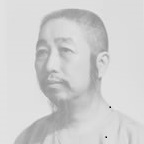
The Old Child Who Never Tires of Learning
Professor Cheng was a gentleman with a distinguished, cultured air. His character was outspoken and honest, and he walked a straight path from which he never wavered nor compromised himself.
In the Chinese world he was respected for his 5 excellencies within the Daoist Arts. In the West he was known especially for his Taijiquan.
ZhengManqing
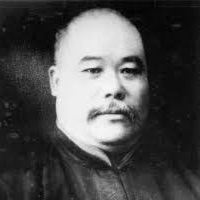
Taiji Dao
Taiji is in practice what 'Dao de Jing' expresses in principle. These principles remain universal throughout the known worlds, undiminished by their common reduction to intellectual ideas, emotional values, or religious rules, by the various races of the Earth.Taiji Principles
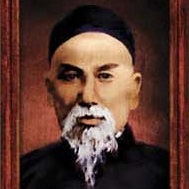
The Source
The further back in time we look the more obscure the history of Taiji becomes, yet studying this past, 2 things become clear.Taiji's inner essence flows down from genuine teachers to sincere pupils in unbroken chains.
Each teacher devises a personal system to express and pass on the impersonal inner teaching. The teaching must evolve outwardly or die inwardly.
Taiji Transmission
Energy Cultivation
The world is a series of inter-penetrating subtle energy realms
Instructors
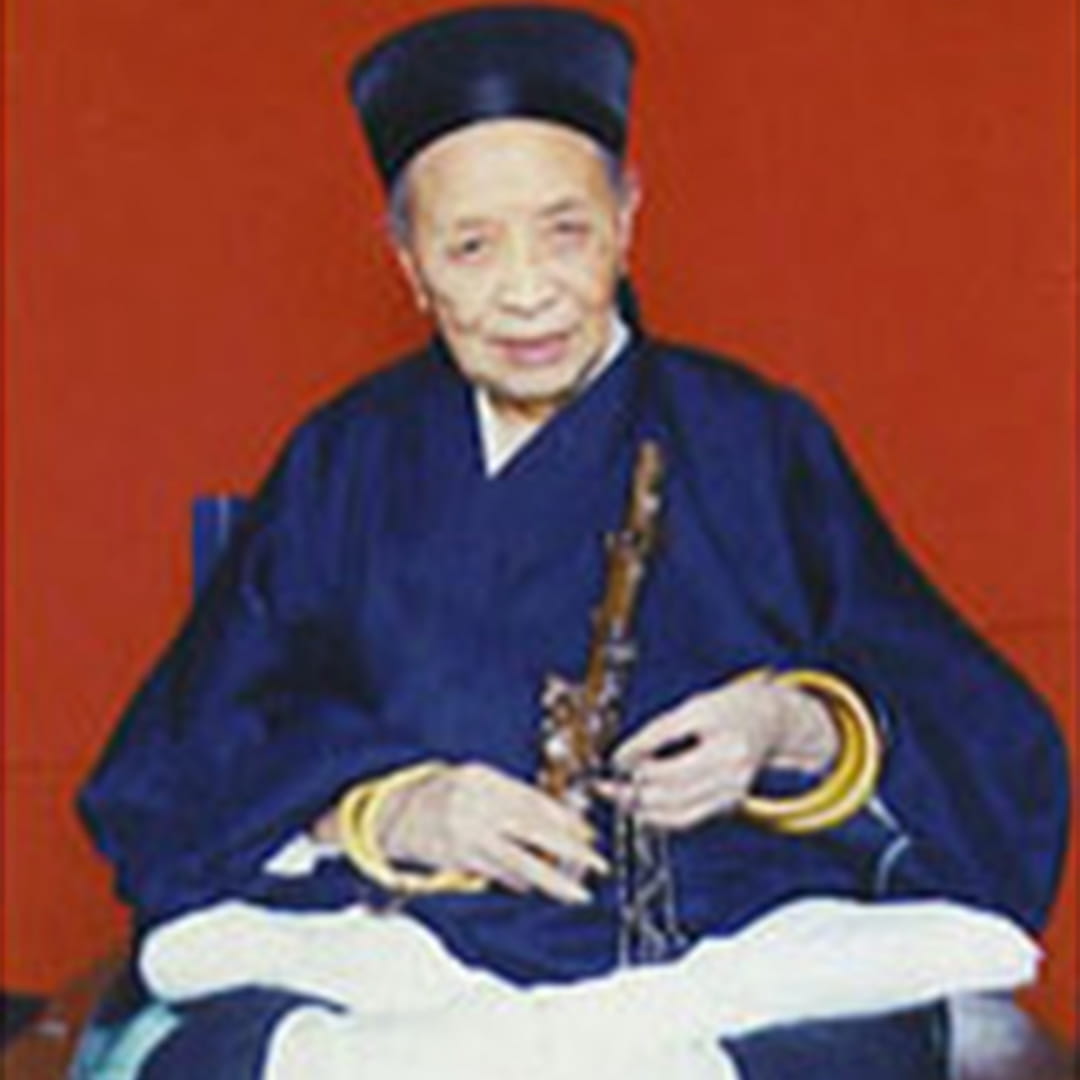
Health Secrets
After 50 years of internal investigation the secrets of good health and long life are clear.Your body's intelligence will maintain your health if you supply its needs then don't interfere more.
The normal lifespan for a human is 120 years, but each mistaken interference shortens that span.
HealthSecrets
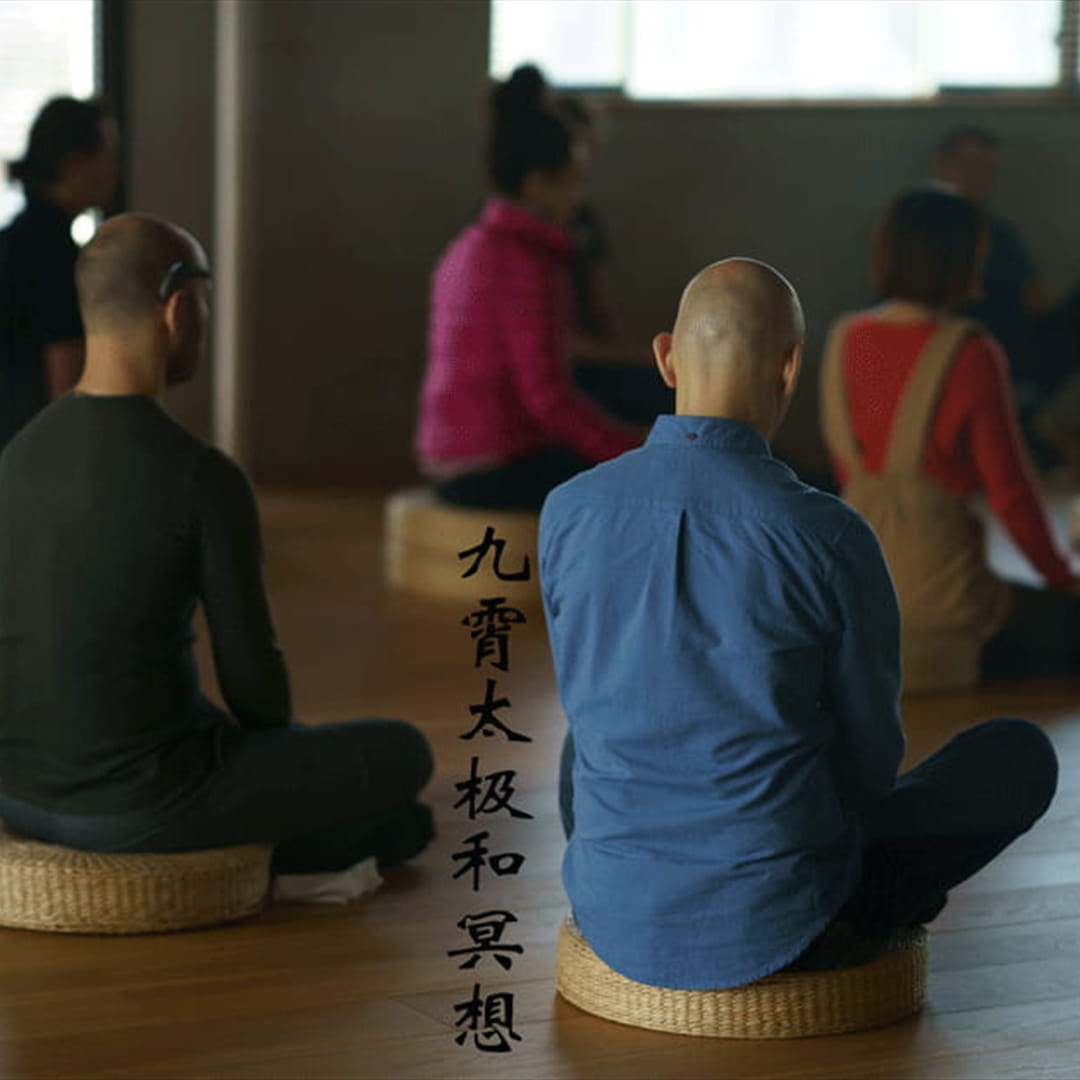
Meditation has 9 levels
Each of the 3 main realms has 3 sublevels, giving 9 energy clouds. Meditation works on the deep structures of the mind. It is a serious and potentially dangerous exercise. The ideal is to follow a senior master who has at least 20 years of self-cultivation. However, few who teach meditation fit this situation. Everywhere, inexperienced people foolishly play with the internal life of others, changing road signs and taking shortcuts, all for the purpose of power or money. Students are led astray, wasting time and energy on superficial or imaginary methods.CompleteReality Meditation
Taiji Diagram | Evolved
九霄太極圖 | 进化
陰 | 陽 | 雍
yin | yang | yong
receiving responding reconciling
《道德經》 – Dao De Jing:
道生一 Dao gave rise to one一生二 one produced two
二生三 two produced three
三生萬物 three produced myriads
萬物負陰而抱陽 myriads bear Yin, embrace Yang
沖氣以為和 harmonised by immaterial Qi
taijituevolve
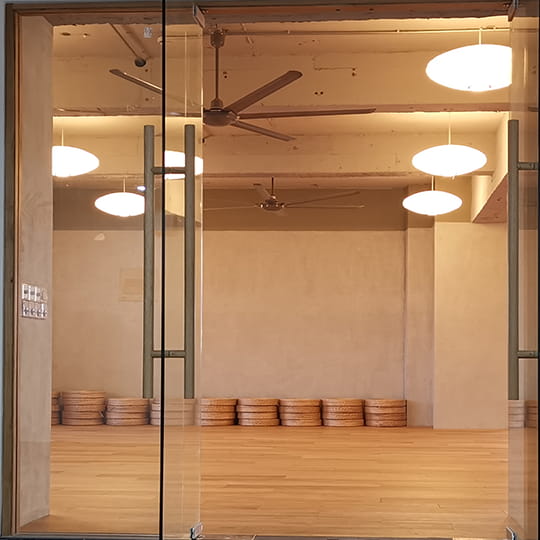
九霄太極會館
Beautiful Space – Reasonable Rates150m2 | ¥800/hr
Reductions for seminars and ongoing classes.
Contact
wechat: ninecloudstaiji
email: taiji@pm.me
hire

Studio Design by Daniel Saracino
wechat 服务号: neispace
www.neispace.asia
Design & Code by Patrick Kelly, All Rights Reserved. You may copy parts of this site with suitable acknowledgement. 陰 雍 陽 © symbol of the worldwideway
BackUp
